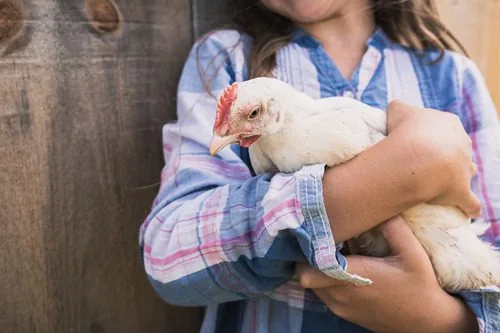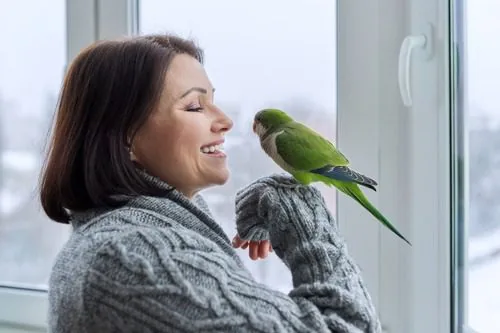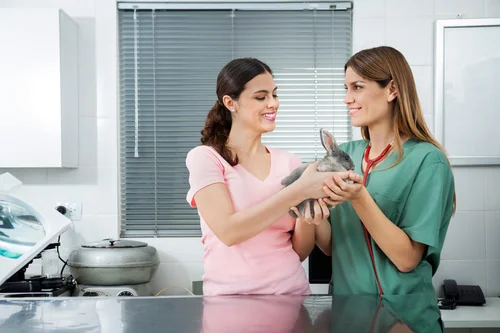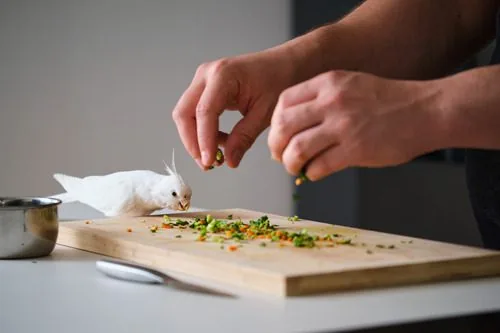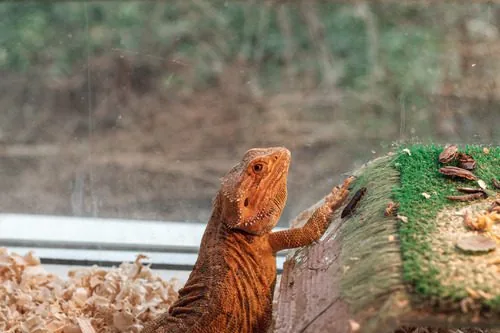3 Signs That Your Sugar Glider May Be Obese
In general, full-grown male sugar gliders should weigh between 100 to 150 grams, and adult females should weigh between 80 to 120 grams. However, weights will vary among individual animals and different subspecies.
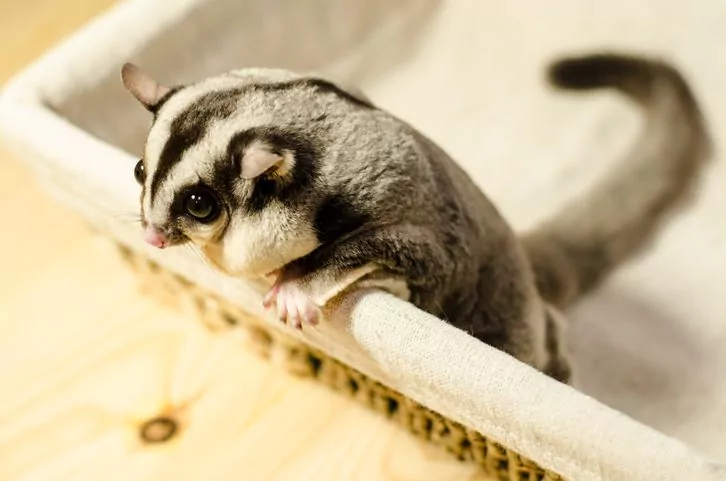
If they are overweight, however, they are susceptible to many health issues and even death. Find out more about the signs of sugar glider obesity by reading Avian & Exotic Animal Hospital of Louisiana‘s article below.
Signs of Sugar Glider Obesity
Here are three signs that your sugar glider is obese:
Low Activity Levels
An overweight sugar glider will often become lazy and reluctant to play. He/she will often lack enthusiasm about playing with cage mates or human companions. Overweight gliders will often only come out of their hide pouch just to eat.
Health Issues
If you notice signs of exercise intolerance, a rounded torso, or misshapen and abnormal colored feces, it could be because your pet is overweight and is consuming to many high caloric foods.
Some may also develop fat deposits on their eyes—especially when they are young and their mother is fed a high-fat diet.
You Can Feel the Fat
If you regularly handle your sugar glider, you should be able to feel a physical difference when if he/she gains weight.
How to Help with Your Sugar Glider’s Obesity
Change in Diet
Sugar gliders can become obese if they are fed an improper diet (especially foods high in sugar or carbohydrates, like fresh or canned fruit). If you notice that your pet is gaining weight, you should shift to a more properly balanced diet (with low sugar, etc.). When making changes in what you feed your sugar glider, however, you should be cautious and do so gradually to avoid stressing them out.
The proper diet for a sugar glider consists of approximately 15 to 20% of their body weight where 1/3 is nutritionally balanced pelleted kibble, 1/3 is a nectar/sap-based mixture, and 1/3 is a small number of insects, a calcium-based multivitamin, and a variety of fresh veggies and fruits (but again, always offer more vegetables—gliders will always go for the sugary fruit if it’s in front of them). You should also make extruded kibble formulated specifically for them available at all times. Of course, plenty of water—preferably filtered water—should be accessible 24/7 as well.
Foods you should never give your sugar glider include chocolate, dairy products, canned fruit (because it contains excess sodium and preservatives). Fruits and vegetables known to be high in oxalates like raspberries, strawberries, blackberries, spinach, carrots, beets, pears, lettuce, figs, and collards should not be offered as they may impair calcium absorption. Raw corn should only be offered occasionally. Yogurt treats should only be offered 1-2 times a month as these treats are extremely high in sugar.
Exercise
Gliders can also become overweight when they do not get enough physical activity. They need plenty of room in their cages to move around and be active.
Obesity can cause gliders to have inconsistent sleeping patterns (as overweight animals are lazy and will sleep all the time) and makes them more prone to develop arthritis in their joints.
Getting a larger cage and adding climbers and cage vines can help your sugar glider with exercise and to lose the weight to be healthier.
Our Exotic Animal Hospital Can Help with Your Sugar Glider’s Obesity
By looking for the signs of an obese sugar glider as mentioned earlier, the quicker you can get your pet back to a healthy weight. If you have any questions in regards to your obese sugar glider, please reach out to Avian & Exotic Animal Hospital of Louisiana at (504) 455-6386.
Recent Posts
About Avian & Exotic Animal Hospital of Louisiana
Avian & Exotic Animal Hospital of Louisiana, formally West Esplanade Veterinary Clinic, is Louisiana’s only veterinarian that provides care exclusively to avian and exotic pets. From parrots to rabbits and ferrets to a wide variety of reptiles, as well as a multitude of small mammal exotic pets, we welcome them all to our practice!

